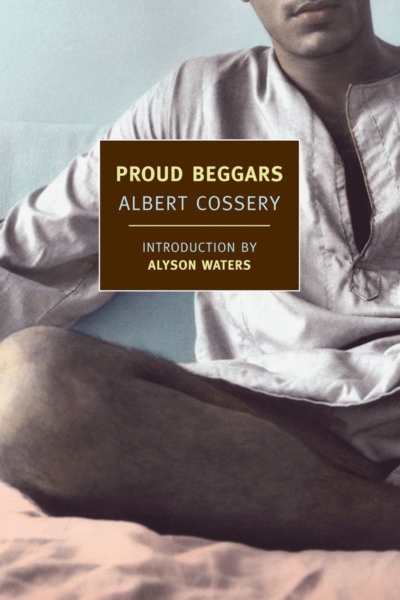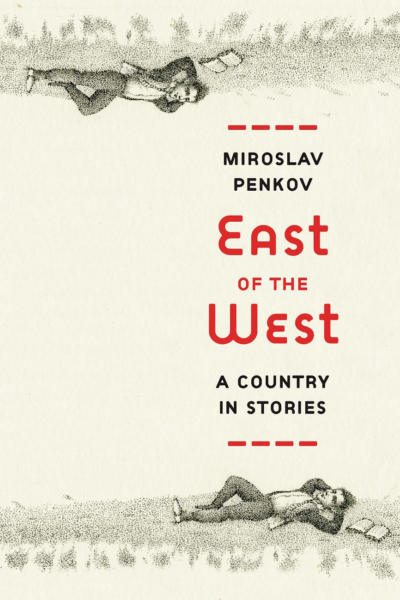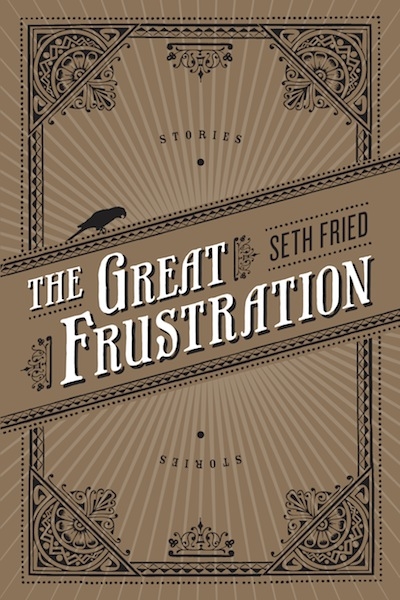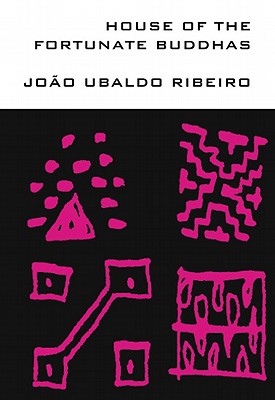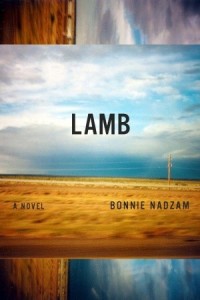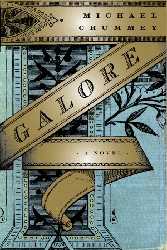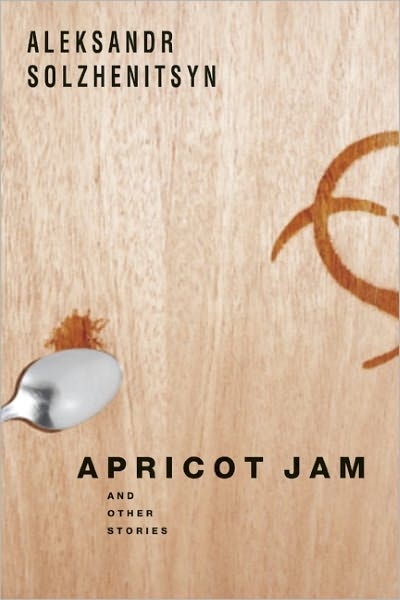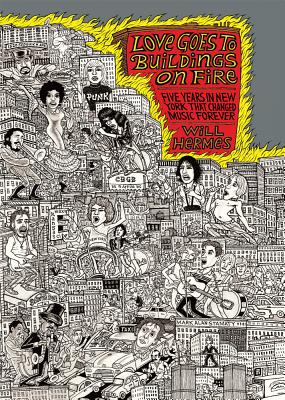If much “experimental” fiction is primarily experiment with form, Lutz’s innovation is in paring back form in order to reconceive the purpose of the sentence as the truly essential element of prose fiction.
Proud Beggars – Albert Cossery
Cossery’s universe is governed by a system so stacked against humanity that the only way to find peace is to exist in the margins, outside of social norms and worldly obligations. Proud Beggars is not a glorification of poverty, but a condemnation of society as it exists.
East of the West – Miroslav Penkov
The eight pieces in this collection come together like a ball of tiny mirrors, reflecting and illuminating hidden corners of the battered history of a country.
The Great Frustration – Seth Fried
There’s nothing redeeming about just being clever, so it’s great that Seth Fried is also smart-as-hell in his debut, The Great Frustration, a collection that is fantastically imagined, caustically realized, and genuinely touching.
House of the Fortunate Buddhas – João Ubaldo Ribeiro
Over the course of her oral (and anal, and vaginal) narrative, the novel’s narrator reminisces on these and many other encounters in her list of lifelong sexual exploits. She is witty as a whip (and probably good with one too).
While Lolita’s Humbert Humbert is a complex and twisted subject, Lamb is inscrutable and grimly determined. A sacrificial namesake might have been more empathetic and intriguing to follow, but a simple wolf in sheep’s clothing stalls at unsettling.
Galore is a novel of total fidelity between word and world, the kind of novel that invents its own language, that teaches us how to read it, and that makes our own words feel inadequate.
Apricot Jam – Aleksandr Solzhenitsyn
While Solzhenitsyn’s early work was engaged in uncovering the hidden reality of a still-existing system, this later work, a fascinating dive into the tragedy and absurdity of the most recent century, is engaged in the act of processing the past.
Love Goes to Buildings on Fire – Will Hermes
New York itself is every bit as interesting as the music Hermes discusses. It’s old, it’s huge, and it is a perennial hub for music. It’s also volatile and mercurial, which makes it a compelling character in Hermes’ narrative.
Garner explores the troubling demystification that results from understanding—the lurch of realigning one’s imagined truth with someone else’s reality.



